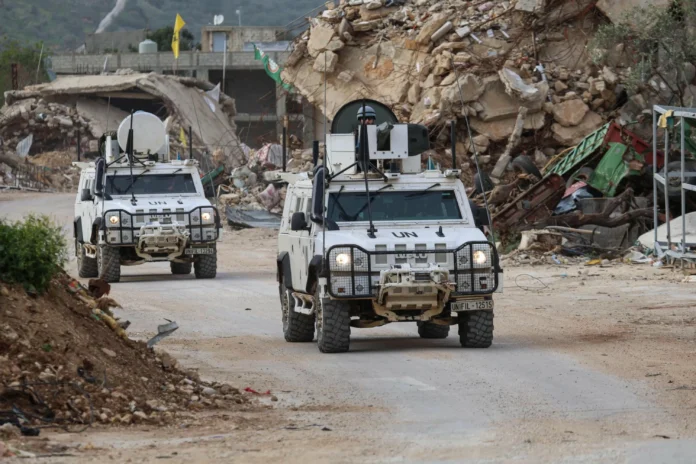The White House budget office has recently announced its plans to cut funding for United Nations peacekeeping missions, citing operational failures in several countries. The proposed budget cuts have sparked debate and concern among global leaders, as well as humanitarian and peacekeeping organizations.
According to the budget office, the decision to slash funding for U.N. peacekeeping missions is based on the failures in Mali, Lebanon, and the Democratic Republic of Congo. These countries have been struggling with ongoing conflicts and violence, despite the presence of U.N. peacekeeping forces.
The budget office argues that the U.N. peacekeeping missions in these countries have not been effective in achieving their goals of maintaining peace and stability. In Mali, for example, the peacekeeping mission has been unable to contain the spread of extremist groups and terrorist activities. In Lebanon, the mission has been criticized for not being able to prevent the escalation of tensions between Israel and Hezbollah. And in the Democratic Republic of Congo, the peacekeeping mission has been accused of failing to protect civilians from violence and human rights abuses.
As a result, the White House budget office believes that the U.S. should not continue to fund these missions, as it is not seeing the desired results. The proposed budget cuts would reduce the U.S. contribution to U.N. peacekeeping by $1.3 billion, which is nearly half of the current funding.
However, this decision has been met with strong opposition from various organizations and leaders. They argue that cutting funding for U.N. peacekeeping missions would have severe consequences, not only for the missions themselves but also for the countries and people they are trying to help.
One of the main concerns is that reducing funding would lead to a decrease in the number of peacekeeping personnel on the ground. This would leave vulnerable populations at even greater risk of violence and conflict. It would also hinder the ability of these missions to carry out their mandate effectively.
Moreover, U.N. peacekeeping missions not only aim to maintain peace and stability but also play a crucial role in providing humanitarian assistance and promoting human rights. By cutting funding, the U.S. would be turning its back on its commitment to promoting global peace and security.
The proposed budget cuts could also have a ripple effect on other countries’ contributions to U.N. peacekeeping missions. The U.S. is currently the largest contributor, providing about 28% of the total budget. If the U.S. reduces its funding, it could encourage other countries to do the same, resulting in a significant reduction in resources for these missions.
Furthermore, the decision to cut funding for U.N. peacekeeping missions goes against the U.S.’s long-standing support for multilateralism and the United Nations. The U.S. has always been a strong advocate for the U.N.’s role in promoting global peace and security. By reducing its funding, the U.S. would be sending a message that it no longer values this important role of the U.N.
In response to the proposed budget cuts, U.N. Secretary-General António Guterres has expressed his concern and urged the U.S. to reconsider its decision. He emphasized the crucial role of U.N. peacekeeping missions in preventing and resolving conflicts, as well as their contribution to saving lives and promoting human rights.
In conclusion, the White House budget office’s decision to slash funding for U.N. peacekeeping missions is a cause for concern. While there have been operational failures in some countries, cutting funding is not the solution. It would have severe consequences and go against the U.S.’s commitment to promoting global peace and security. Instead, the U.S. should work with the U.N. and other countries to address the challenges and improve the effectiveness of these missions. As a global leader, the U.S. has a responsibility to support and strengthen the United Nations, not undermine it.


